Fly Fishing Film Festival This Friday at the Bing
Looking forward to seeing fly fishing and Spokane River aficionados at the Bing this Friday. Proceeds go to Spokane River cleanup and restoration projects. Click here for more info and…
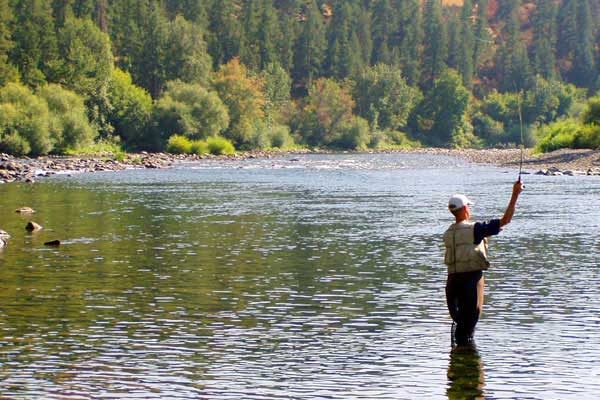
Looking forward to seeing fly fishing and Spokane River aficionados at the Bing this Friday. Proceeds go to Spokane River cleanup and restoration projects. Click here for more info and…
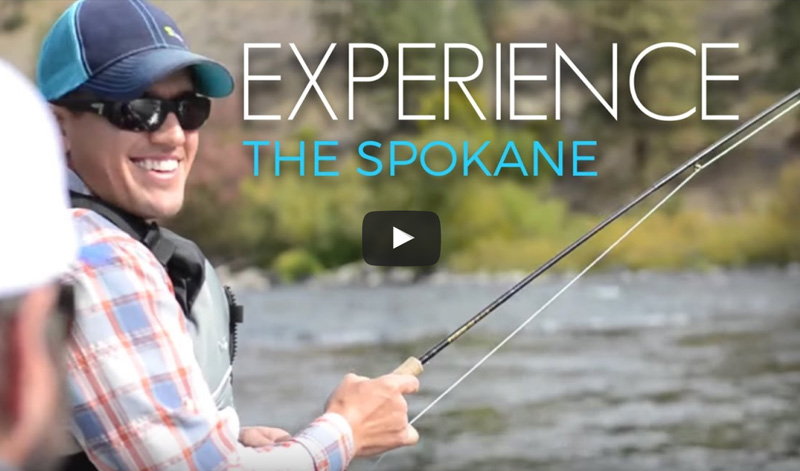
You don’t need to leave town to experience trout fishing. Welcome to one of the best and most unique urban fisheries in the Northwest.
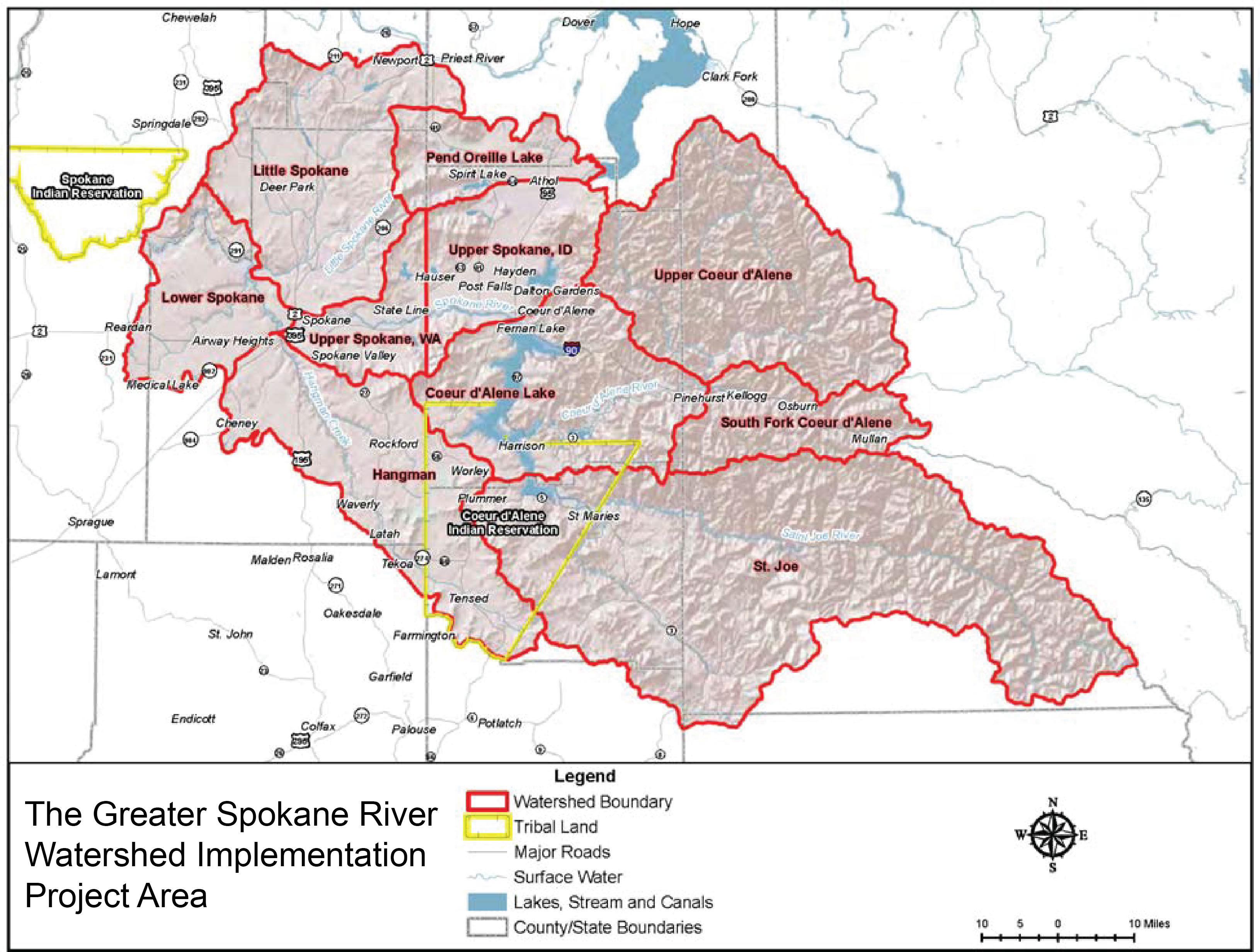
The Spokane Conservation District worked with a consortium of 20 organizations to pull off a stunning achievement by securing $7.7 million from the U.S. Department of Agriculture’s Regional Conservation Partnership…
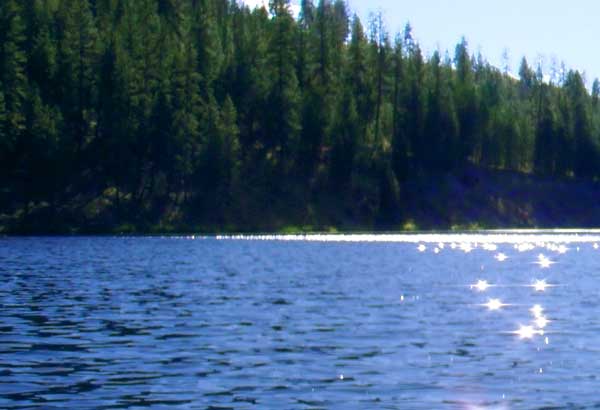
Environmental groups with local, regional and national affiliations are challenging the Spokane River in-stream flow rule that Ecology adopted in February, 2015. The purpose of an instream flow rule is…
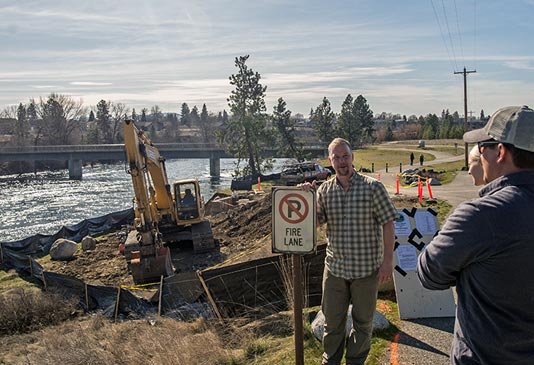
Construction is a wonderful thing. 5 years in the making, Spokane River Water Trail Access at Islands Trailhead is happening. Just downstream of Plante’s Ferry and next to Denny Ashlock…

The City of Spokane’s Fleet Services Department has been recognized as a certified “Spokane EnviroStar” for its work to protect the environment by properly managing and reducing hazardous materials and…

Dr. John Abatzoglou, a University of Idaho Professor, will provide the opening keynote for the Spokane River Forum Conference. John is a leading researcher and thinker on climate change in…
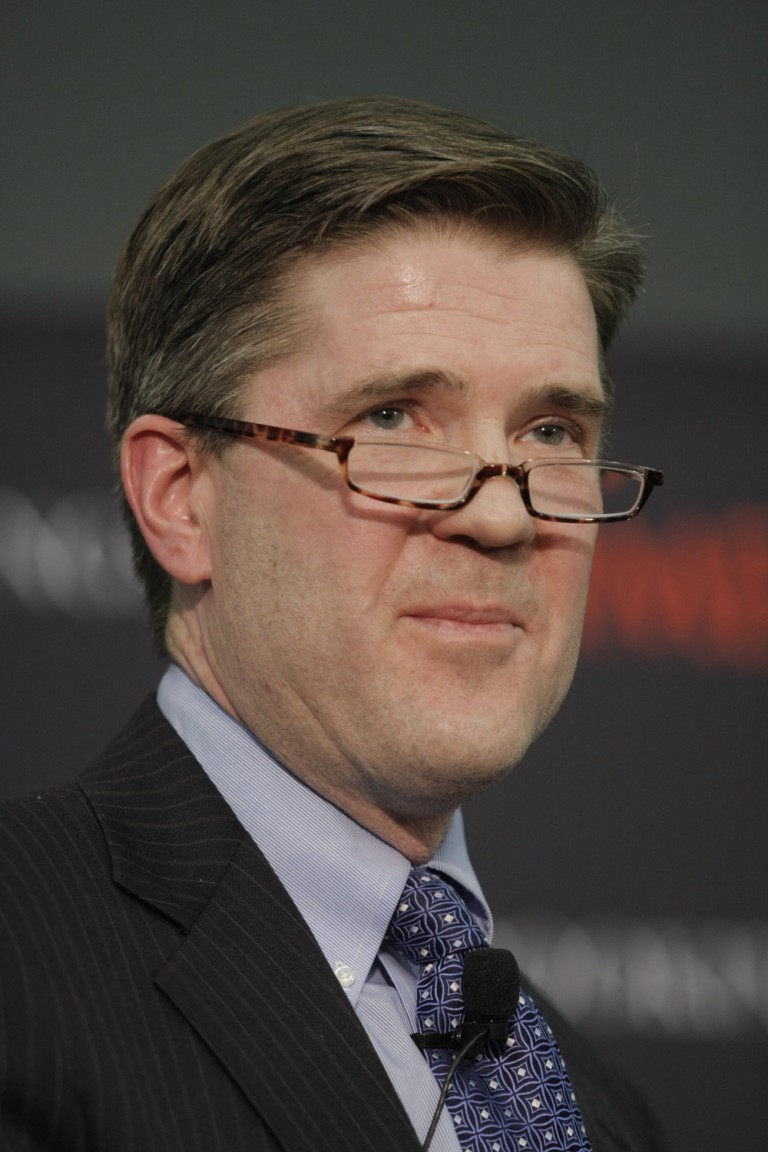
John Austin, Director of the Michigan Economic Center at Prima Civitas, will be the lunch keynote speaker at the Spokane River Forum Conference on Thursday, March 24th. John coined the…
A report card of sorts on the commitments described in the TMDL, the activities taking place to reduce phosphorus, and the progress made toward achieving water quality standards.
November 3rd Monitoring Workgroup meeting agenda and notes are posted.